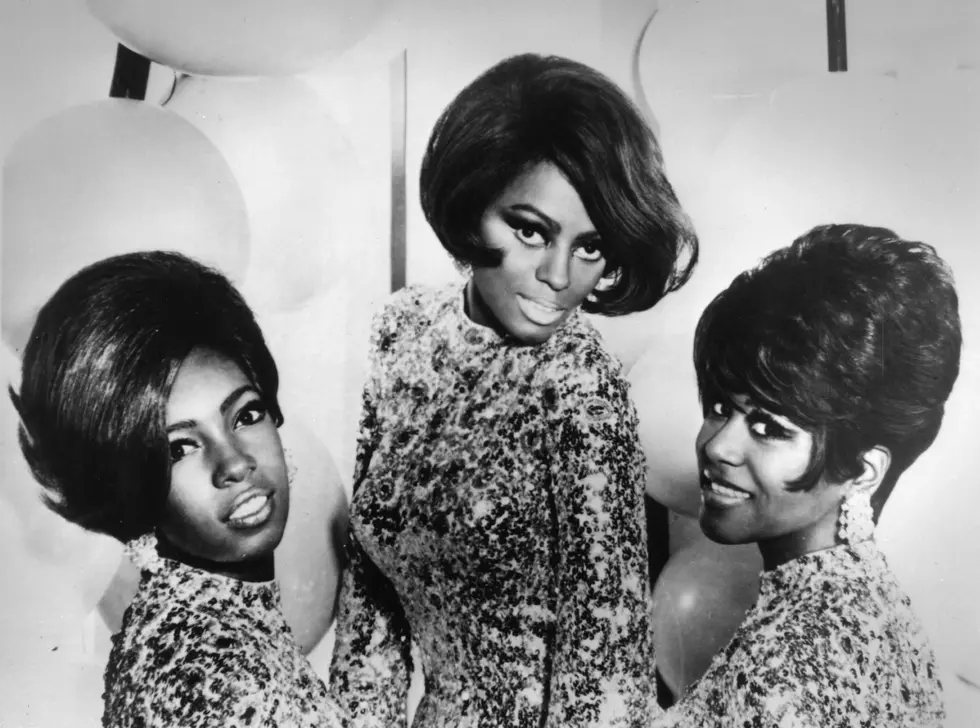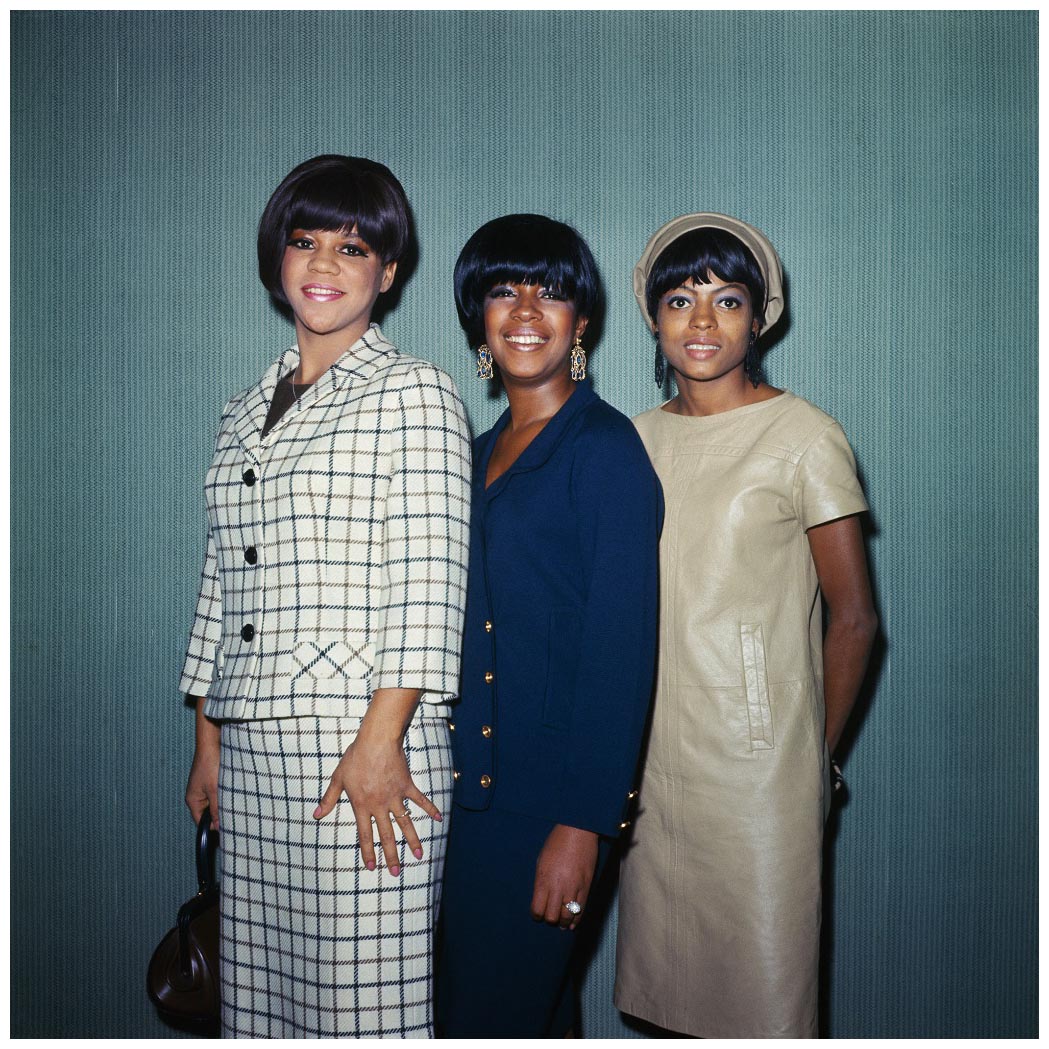
A Journey Through Time and Emotion: The Supremes’ “Reflections”
In the tapestry of Motown’s rich history, few songs capture the essence of both personal introspection and cultural evolution as poignantly as “Reflections” by The Supremes. Released in 1967, this track marked a pivotal moment not only for the group but also for the music landscape of that era. As it climbed to number 2 on the Billboard Hot 100 chart, it resonated with listeners who found solace and understanding within its haunting melody and profound lyrics.
The late 1960s were a time of tumultuous change, both socially and musically. The Supremes, already established as leading figures in the Motown scene, ventured into new musical territory with “Reflections,” embracing a more psychedelic sound that mirrored the shifting tides of the time. The song was part of their album “Reflections,” which showcased their ability to adapt and evolve while staying true to their roots. This transition was largely influenced by producer Berry Gordy‘s vision to expand Motown’s reach, challenging the group’s traditional pop-soul sound with experimental elements.
At its core, “Reflections” is an exploration of nostalgia and introspection. Written by the legendary Holland-Dozier-Holland songwriting team, the lyrics delve into themes of lost love and self-reflection, echoing the inner turmoil many experienced during that era of societal upheaval. The opening lines immediately evoke a sense of longing and contemplation, as Diana Ross’s ethereal voice leads us through a narrative of past memories that linger like ghosts in our minds. Her delivery is both tender and powerful, capturing the emotional complexity of looking back on one’s life choices with both regret and acceptance.
The production itself is a masterclass in blending traditional Motown rhythms with avant-garde influences. The incorporation of electronic effects—such as the then-novel use of a synthesizer—creates an otherworldly soundscape that complements the song’s introspective nature. This innovative approach not only set “Reflections” apart from previous Supremes hits but also positioned it at the forefront of a new musical movement that embraced diversity in sound and storytelling.
For many listeners, especially those who lived through the 60s, “Reflections” serves as a poignant reminder of their own personal journeys. It evokes memories of youthful dreams and aspirations, moments of joy intertwined with heartache. The song’s enduring appeal lies in its ability to speak to universal emotions while capturing a specific moment in time—a snapshot of an era defined by change.
In retrospect, “Reflections” stands as a testament to The Supremes’ artistry and resilience. It reflects their willingness to push boundaries and remain relevant amidst a rapidly evolving cultural landscape. For older generations who experienced these transformations firsthand, revisiting this classic track can be a deeply moving experience—a chance to reflect on their own lives through the lens of timeless music.
As we listen today, “Reflections” continues to resonate, reminding us of music’s unparalleled power to connect us with our past while inspiring future generations to explore their own reflections.
